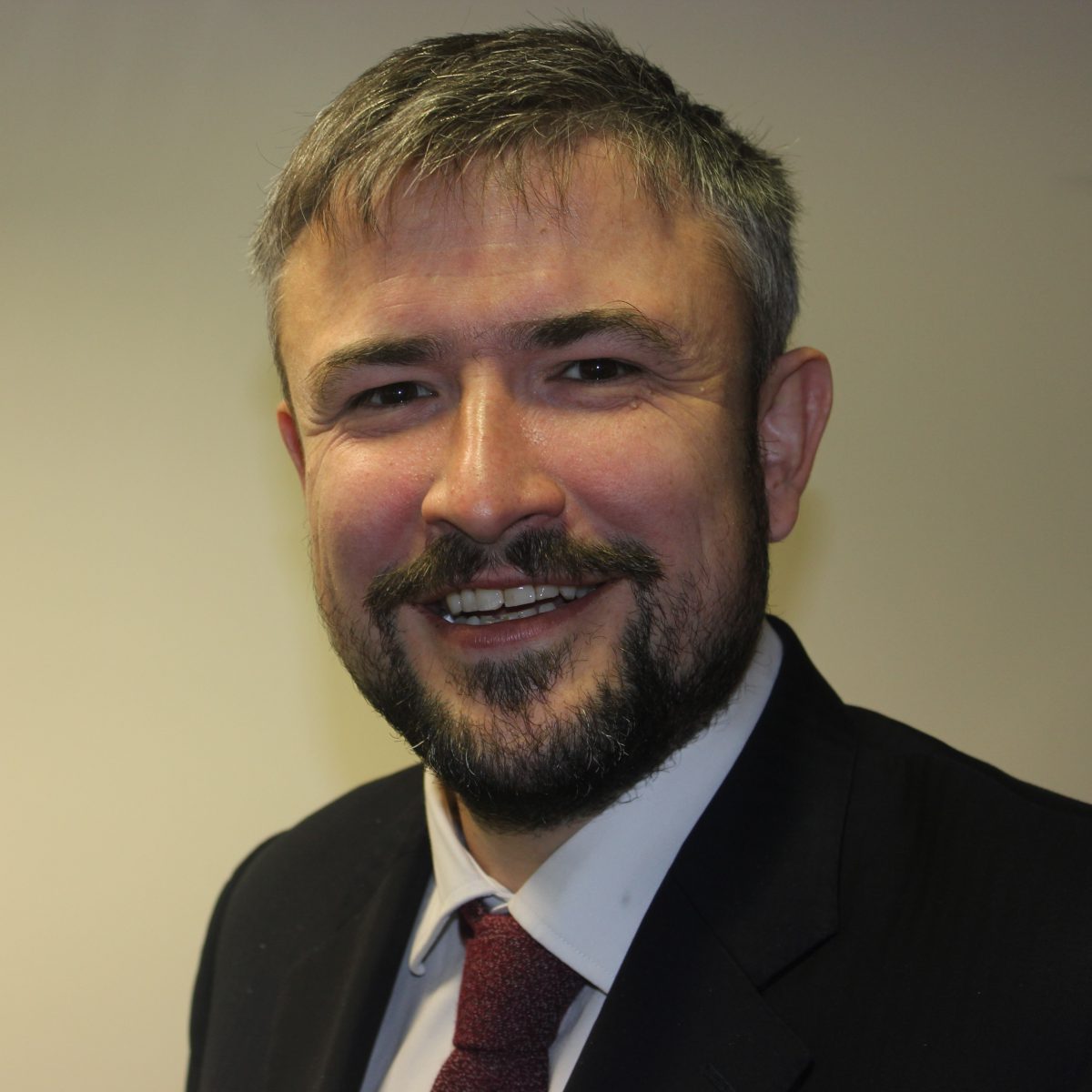Any new enterprise, whether a commercial service, or a new public funded entity, must be relevant to the people it serves. To use the jargon, it must be customer centric, or it will perish.
From the outset, we have tried to develop a What Works Centre that will be useful to the sector, and we hope in the end, become a cherished institution. Sir Alan Wood, our Chair, spoke at the National Children and Adult Services Conference about the creation of the Centre being like a journey – we know where we want to get to – to produce robust evidence which is used by the sector – but we are not certain how we will get there.
It is this view – that the centre needs to be co-designed with the sector – which has led us on a literal journey from the beginning, visiting local authorities up and down England, from Darlington to Cornwall, Tower Hamlets to Liverpool. Twenty seven in total so far – with more visits planned. And we have met with stakeholders from many more local authorities, especially those with whom we have been working to design and test new approaches to generating and sharing evidence, and for supporting evidence-informed practice.
At each destination we have been hugely impressed with the commitment, passion and energy shown; many Directors of Children’s Social Care, Assistant Directors, heads of service, principal social workers and front line social workers have given up time to meet us.
In research, there is a term that is often used to describe when during the research you have reached a point where no new insights emerge – ‘theoretical saturation’. We have never reached this point – every local area faces different challenges, and operates in different contexts. But we have been given some consistent messages:
• Firstly, we must avoid prescribing simple solutions or single models to solve complex problems – it is unlikely that such a model exists, and if it does, it may only work in certain circumstances.
• Which leads us to the second message – that we must be aware of the difficulty of simply ‘lifting and shifting’ a model that works in one area, and expecting it to work elsewhere. When we told people about our ‘realistic’ approach to evidence – that we wish to understand what works, where, for whom, in what circumstances – they felt reassured that we understand this concern.
• Thirdly, that in everything we do, we are mindful that social work does not operate in a vacuum, and it is vital that we take account of the wider contextual factors which influence practice, such as poverty, the economy, and demographic change.
• Fourthly, there was a plea that we don’t just look at the outstanding or good authorities – we were told about excellent practice in every local area which other areas can learn from. We agree, and have visited a very broad range of local authorities, including local authorities with a spectrum of Ofsted ratings.
The WWC is still at an early stage in its journey, and we have a lot more to learn and understand about the needs and aspirations of the sector. And thus our journey continues, so do get in touch if you would like us to visit you.

